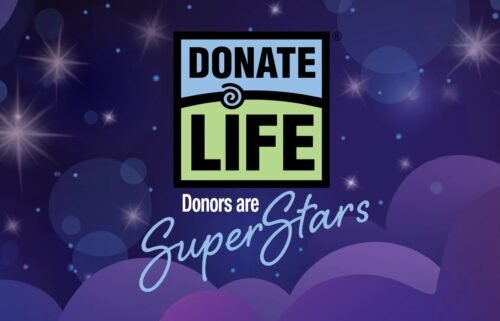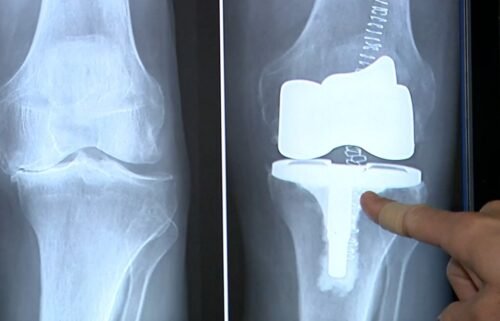Walmart, CVS, Walgreens pull Zantac and similar heartburn drugs because of cancer worries

Walmart, the United States’ largest retailer, is the latest to announce it’s suspending the sale of Zantac and other over-the-counter ranitidine medications due to concerns they might contain a substance that can cause cancer. Customers can return the products to Walmart or Sam’s Club stores for a refund.
CVS Pharmacy and Walgreens also recently announced they are no longer selling the medications.
CVS, the largest pharmacy chain in the country, said over the weekend it was suspending sale of Zantac and other products which contain ranitidine until further notice. Zantac and its CVS-branded generic counterpart have not been recalled, a statement from CVS said, and the FDA has not recommended that patients stop taking ranitidine products. Customers who have already bought the products can return them to CVS for a refund, CVS said.
Walgreens said in a statement it is removing the medications from shelves while the US Food and Drug Administration continues its review of the products.
The FDA said last month that some ranitidine medications — including those known by the brand name Zantac — contain low levels of an impurity that could cause cancer.
Drugmaker Sandoz is recalling ranitidine hydrochloride capsules in the United States because of confirmed contamination with the probable human carcinogen. Apotex Corp., which makes ranitidine tablets sold at Walmart, Walgreens and Rite Aid, has also recalled the drugs.
Other medications under investigation
The nitrosamine impurity known as N-nitrosodimethylamine, or NDMA, has been classified as a probable human carcinogen based on lab tests, and this isn’t the first time that it has been detected in a common medication.
Since last year, the FDA has been investigating NDMA and other impurities in blood pressure and heart failure medicines known as angiotensin receptor blockers or ARBs. Numerous recalls have been launched as the FDA found “unacceptable levels” of nitrosamines in several of those common drugs containing valsartan.
A study published last year in the medical journal BMJ found no “markedly increased short term overall risk of cancer” among users of the valsartan drugs contaminated with NDMA. Yet that study also noted that research into long-term cancer risk is needed.



